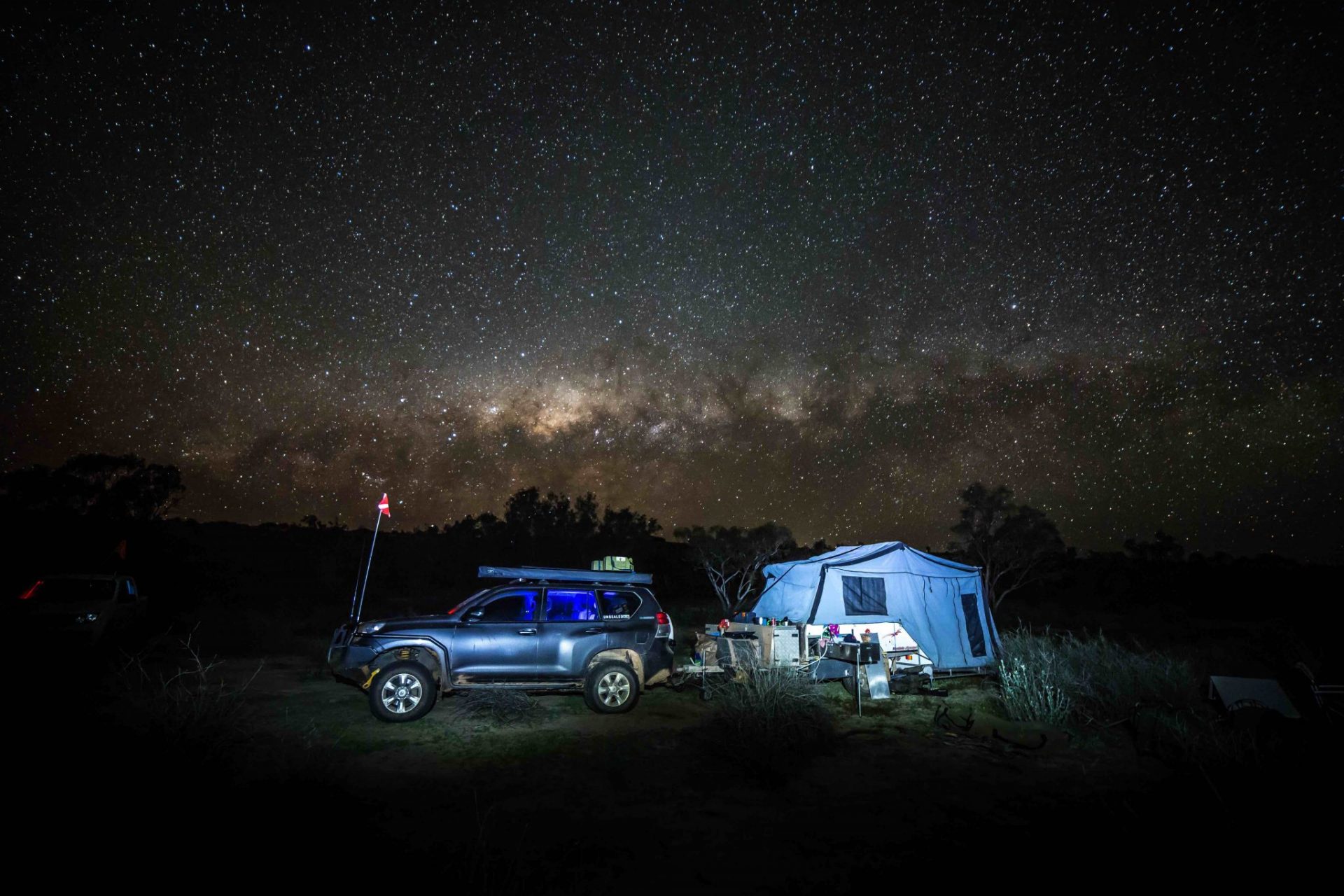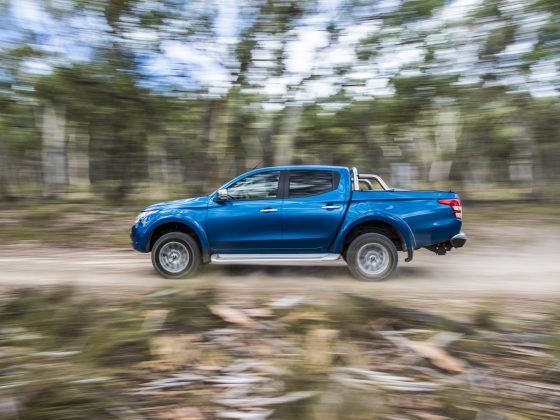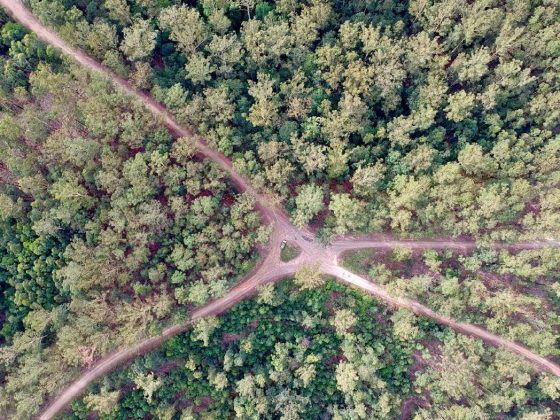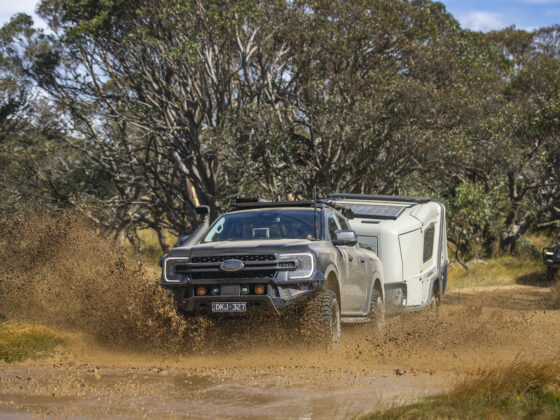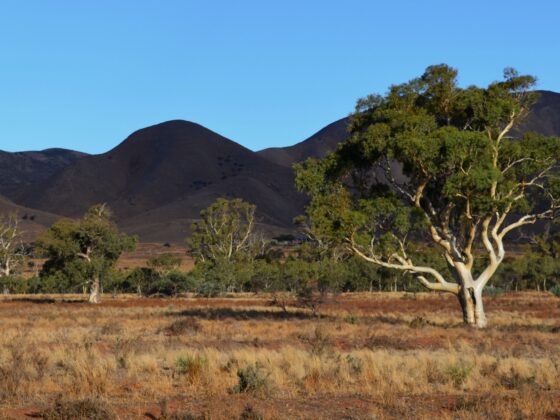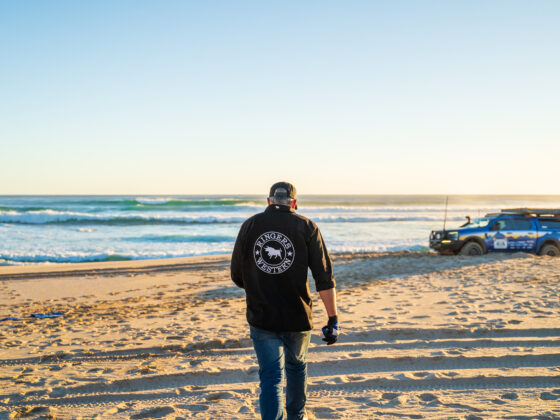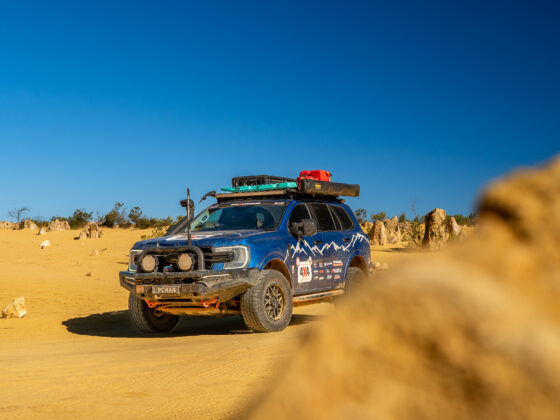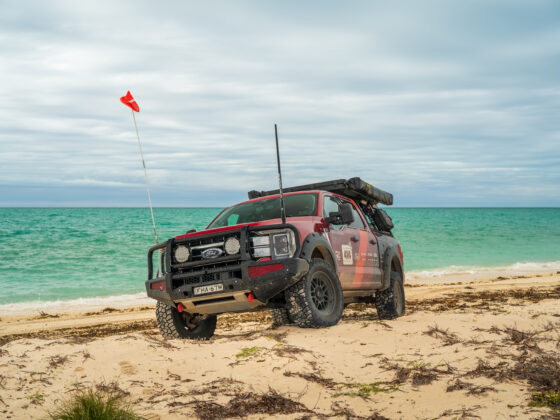A recent study has shown what we all know deep down: You sleep better when you’re camping. The University of Colorado has done the legwork, and some camping, so show the science of why you sleep so well when you’re out in the bush.
Your sleeping patterns are largely controlled by something called a Circadian Rhythm. It’s a kind of internal clock of chemicals: melatonin is your sleep chemical, and cortisol makes you more ‘awake’.

This circadian rhythm is affected significantly by outside circumstances: light and temperature. Dark surroundings will bring on a release of melatonin, and brightness will do the opposite.
The problem with our modern lives is that we are seriously affecting our internal clock with the use of electrical devices and lights, reducing the quality and quantity of sleep we are getting. Sleep poorly, and not only with you be worse at work or school. You can have knock-on effects with your health, like mood disorders, obesity and diabetes.
This study took five individuals and measured their internal clock, via their melatonin rhythm, before and after a six-day winter camping trip without any electrical devices or lights. They also monitored how they were sleeping.
The participant’s melatonin levels, which is your natural ‘sleepiness’ came on earlier and lasted longer when camping, meaning they slept on average two hours longer each day. On top of that, they moved much less during their sleep, indicating better quality as well.
It’s official: camping is better for your health. If you’re feeling a big flat-out and flustered start packing the car and find yourself a nice camping spot. But leave your electrical devices at home.



